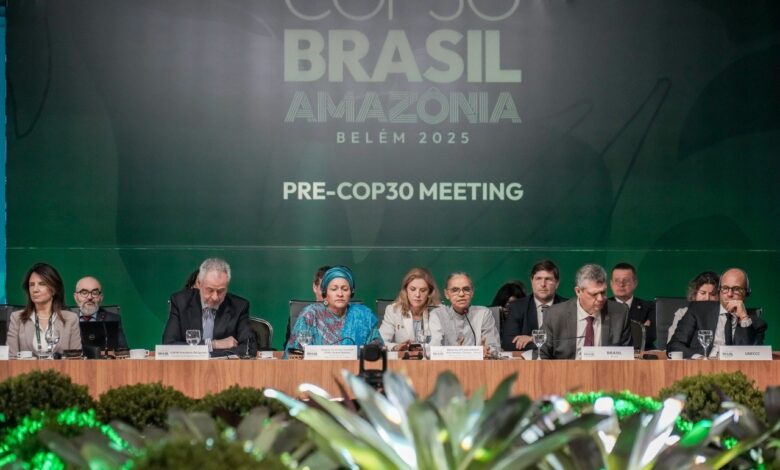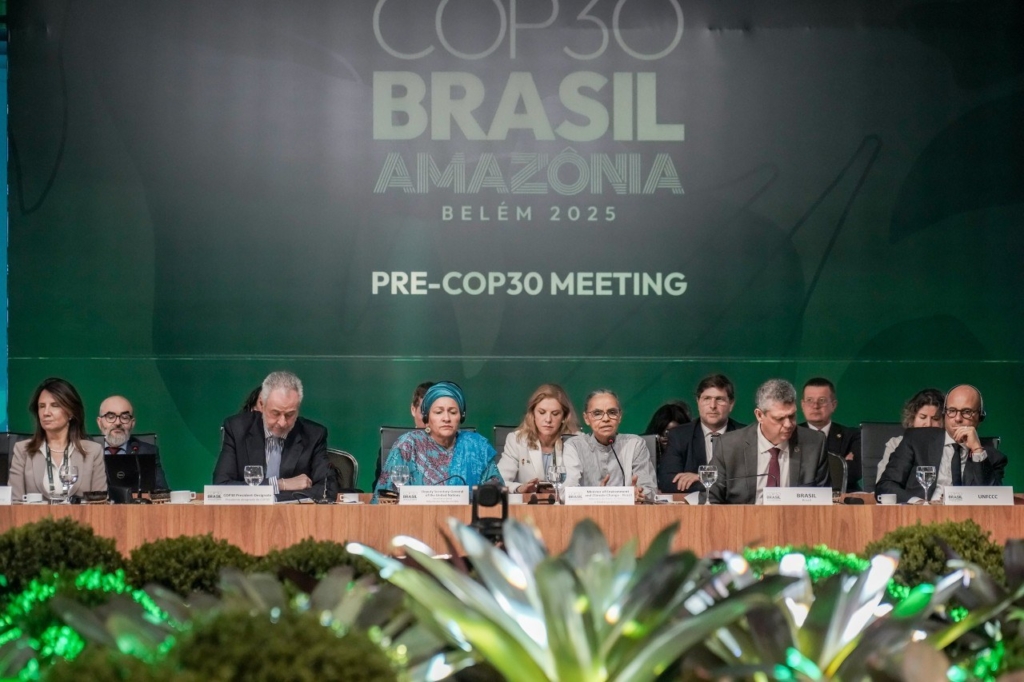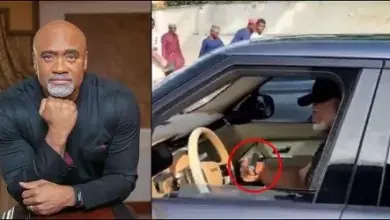COP30: World leaders head to Brazil for tough climate talks and new action plans


The 30th Session of the United Nations Climate Change Conference (COP30) will take place in Belém, Brazil, marking a major moment for global climate action.
This year’s event is especially important because it also marks 10 years since the Paris Agreement, a global deal that aims to limit global warming to 1.5°C and prevent the worst impacts of climate change.
Governments, scientists, civil society groups, and private sector leaders from around the world will meet to discuss how to reduce greenhouse gas emissions, finance climate action, and adapt to changing weather conditions.
The UN Environment Programme (UNEP) will play a major role at the conference. It plans to launch new reports and initiatives, and its experts will be available for media interviews throughout the event.
One of the most anticipated moments will be the AI Innovation Grand Challenge, part of the #AI4ClimateAction initiative. This project—supported by the UN Climate Technology Centre, the UNFCCC Technology Executive Committee, and the Korea International Cooperation Agency—will reward the best use of artificial intelligence for climate action in developing countries.
The Global Sustainable Insurance Summit, organized by UNEP’s Finance Initiative (UNEP-FI) with Brazil’s Insurance Confederation, will highlight how the insurance industry can help tackle climate change, biodiversity loss, and economic risks. Discussions will focus on how insurance can support a fair and resilient transition to a green economy.
Another key event, the Intergovernmental Council for Buildings and Climate (ICBC) Ministerial, will launch the Belém Call for Action for Sustainable and Affordable Housing. It will stress that housing affordability and sustainability must go hand-in-hand for a just transition. Several new initiatives will also be announced, including the Global Framework for Sustainable Public Procurement and Principles for Responsible Timber Construction.
Extreme heat is becoming one of the most serious global challenges. The Global Cooling Watch Report 2025 will explore how growing heat and rising demand for cooling can worsen climate change unless cleaner, low-energy solutions are used.
Linked to this, the Beat the Heat / Mutirão Contra o Calor Extremo high-level event will present the first group of countries and cities joining the Beat the Heat Implementation Drive, led by the COP30 Brazilian Presidency and UNEP’s Cool Coalition.
This initiative will help governments develop heat action plans, use nature-based cooling in cities, and protect vulnerable communities from deadly temperatures.
The Global Cooling Pledge Ministerial, another major session, will showcase how more than 70 countries are working to cut cooling-related emissions while making cooling technologies more affordable for all.
Methane is one of the most powerful greenhouse gases, and UNEP will use COP30 to push for stronger global action. The International Methane Emissions Observatory (IMEO) Ministerial, hosted by Japan and the European Commission, will share how data is helping reduce methane emissions.
A new version of the IMEO Eye on Methane Data Platform will also be launched to help governments and industries track and cut methane pollution.
In addition, UNEP and its partners will introduce the Food Waste Breakthrough, a global initiative to cut food waste by half by 2030. The project brings together governments, private companies, and NGOs to keep food out of landfills and reduce methane emissions from rotting waste.
The Global Methane Status Report 2025 will show where countries stand in meeting the Global Methane Pledge and what still needs to be done to reach global targets.
UNEP will also unveil the Nature-Based Solutions Innovation Accelerator (NBS-IA), supported by Italy’s Ministry for the Environment and Energy Security. This program will help countries in Africa and Central Asia design green infrastructure using trees, wetlands, and other nature-based systems.
Meanwhile, the Systematic Observations Impact Bond, created by UNEP, WMO, and UNDP, will help at least 30 developing countries and small island states close critical weather and climate data gaps. Better data means more accurate forecasts, stronger climate policies, and improved early warning systems.
The Digital Demand-Driven Electricity Networks (3DEN) Initiative, also supported by Italy, will begin its second phase. With €23 million in funding, it will support 15 new projects across Africa and Brazil, helping create smarter, more resilient, and low-carbon energy systems.
Turning Promises into Action
The 2025 White Paper — “From Talk to Action: Making COP30 a Turning Point for Synergistic Climate-Nature Action” will call for countries to move from words to real results. It highlights progress in aligning the Rio Conventions on climate change, biodiversity, and desertification — showing that cooperation can create stronger, fairer outcomes for both people and nature.
As the world gathers in Belém, all eyes will be on whether nations can turn ambition into real action. With rising global temperatures, increasing disasters, and mounting economic losses, the stakes could not be higher.
COP30 will test global commitment to the Paris Agreement. It is a moment for countries to show leadership, close the gap between promises and reality, and protect vulnerable communities from the worsening impacts of climate change.
From cleaner energy and AI innovation to nature-based solutions and methane cuts, the conference offers a chance to turn plans into progress — and give the world a fighting chance to secure a livable future.
DISCLAIMER: The Views, Comments, Opinions, Contributions and Statements made by Readers and Contributors on this platform do not necessarily represent the views or policy of Multimedia Group Limited.
Tags:
DISCLAIMER: The Views, Comments, Opinions, Contributions and Statements made by Readers and Contributors on this platform do not necessarily represent the views or policy of Multimedia Group Limited.
Source link





